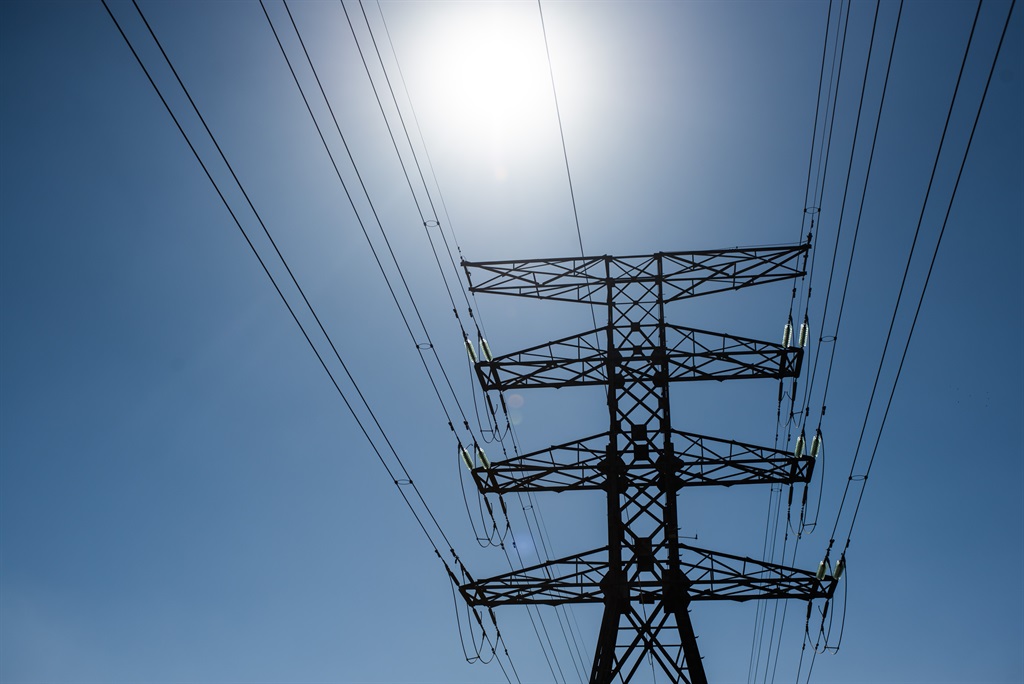
- The Kariba power system shared by Zimbabwe and Zambia's water level stands at 15%.
- Both countries have been urged to adhere to their equally allocated water for power generation.
- Zimbabwe and Zambia have declared drought status due to El Niño, which is also hitting cash crops. Now they'll need to import electricity.
Zimbabwe and Zambia – already struggling with food shortages – are now reeling from low power generation at the Kariba power station due to the same underlying cause: El Niño.
The climate system has brought below-normal rainfall, which first saw farmers struggle. Now the water reserved for power generation is running low, with the water level at 15% of total capacity and falling.
To date, the Zambezi River Authority (ZRA), a bi-national organisation mandated with regulating the Kariba Dam, has guarded the hydroelectricity systems 428MW of generation output, shared between Zimbabwe and Zambia. This week, it warned of the need for a review.
"The hydrological review will, among other factors, take into consideration the actual performance of the 2023–2024 rainfall season and the resulting inflows into the lake over the first quarter of the year 2024," ZRA said in a statement.
"The results of the hydrological simulations could result in an increment, reduction, or keeping of the prevailing 2024 water allocation as is."
In normal circumstances, the ZRA maintained last year's 16 billion cubic metres (BCM) for electricity generation shared equally between the two countries.
ZRA said:
At full capacity, the Kariba Dam generates around 30% of Zambia's total installed capacity of 3 400MW, and roughly 50% of Zimbabwe's capacity of 2 300MW.
If the dam falls short, both will have to rely on imports while South Africa – the literal regional powerhouse – has little electricity to spare.
Like last year, Mozambique could find itself exporting to neighbours because it has an electricity surplus.
That surplus is due to a low electrification rate with only 40% of its population having access to electricity.
Mozambique produces just over 3 000MW with an average demand of just over 2 000MW.
Food insecurity
The Zimbabwean government said between January and March almost three million people required food aid.
"Twenty-six percent of the country's population is food insecure. This translates to 2 715 717 people. This population requires 100 482 metric tonnes of grain during the January to March 2024 period," said the Minister of Information, Publicity and Broadcasting Services Jenfan Muswere.
El Niño will also negatively impact crops such as cotton, and tobacco a major foreign currency earner.
READ | SA and its neighbours brace for El Niño's wrath on maize production
Zambia's, President Hakainde Hichilema declared the drought a national emergency.
In his State of the Nation Address, he said 84 of the country's 116 districts were affected. As such, the first step was to "take food from areas where there is an excess and distribute it to needy areas."
He also said from the last cropping season, about 1 million hectares of the 2.2 million hectares allocated to maize had been destroyed.
The News24 Africa Desk is supported by the Hanns Seidel Foundation. The stories produced through the Africa Desk and the opinions and statements that may be contained herein do not reflect those of the Hanns Seidel Foundation.




 Publications
Publications
 Partners
Partners
























